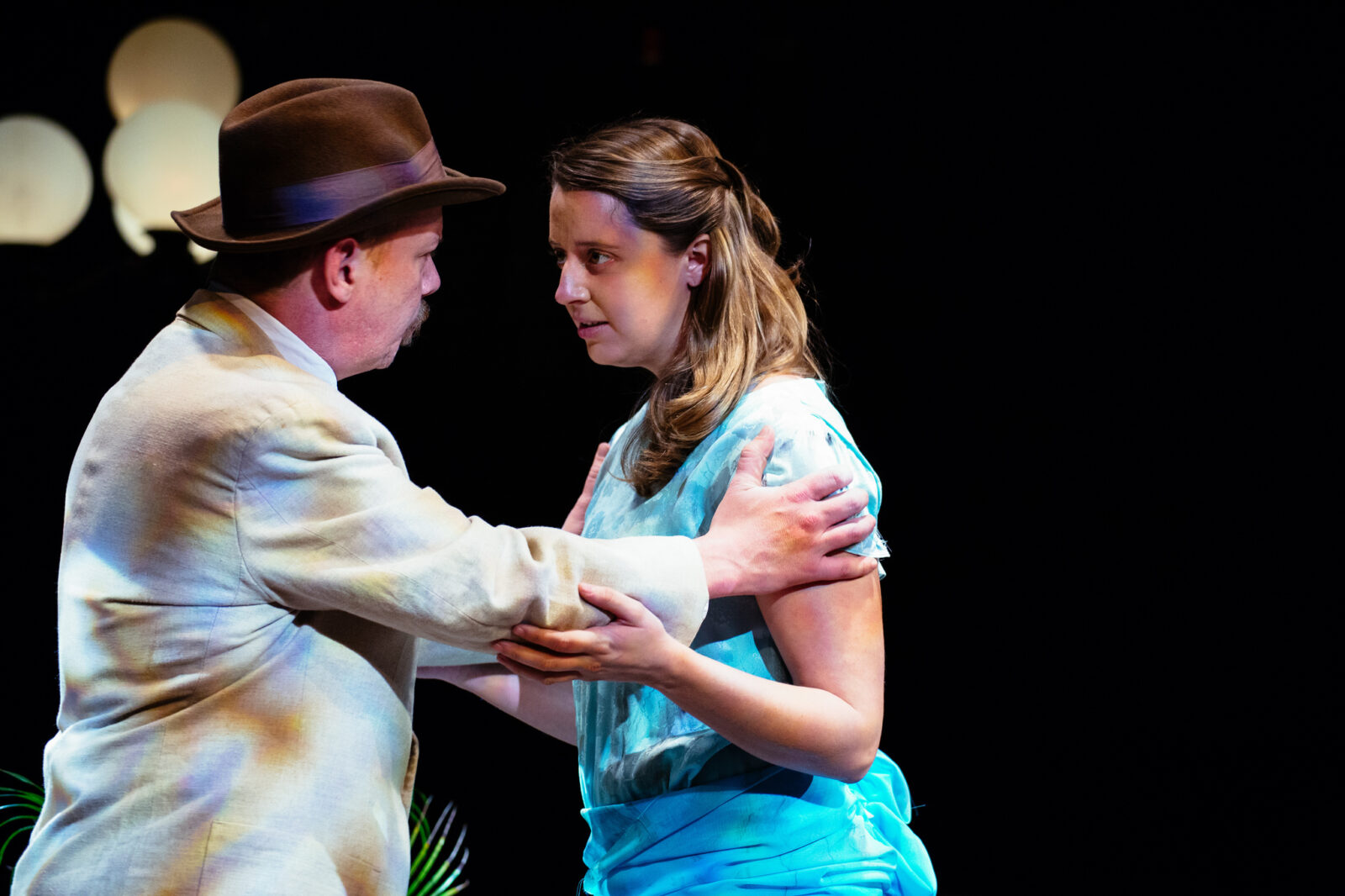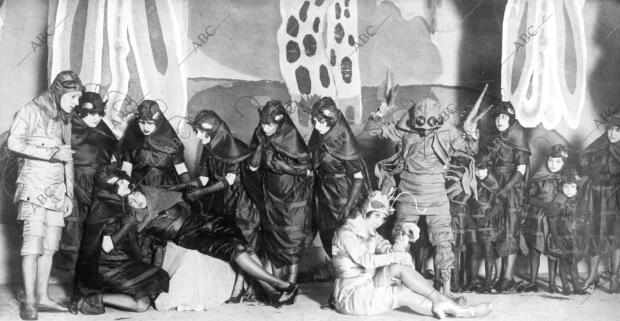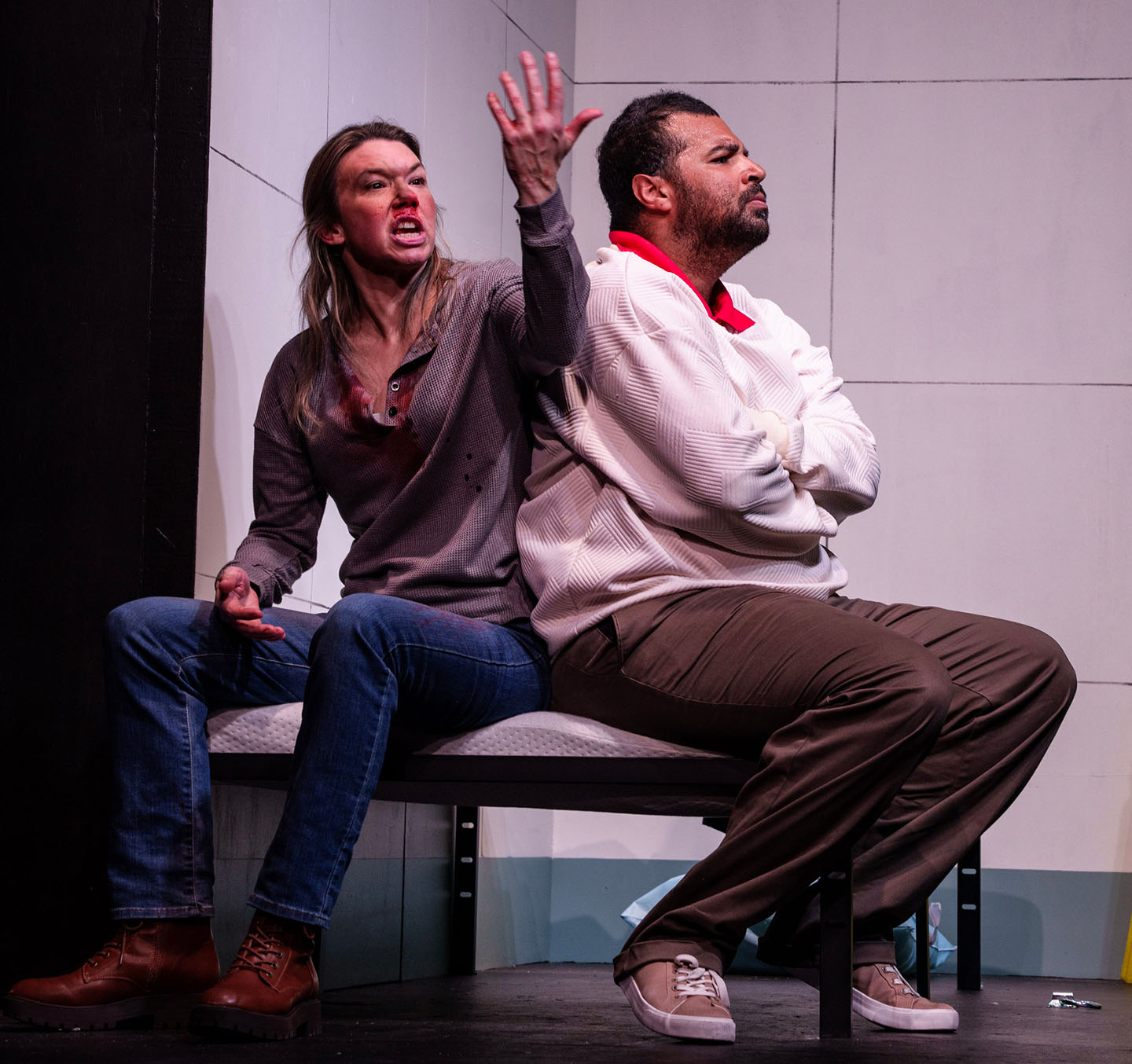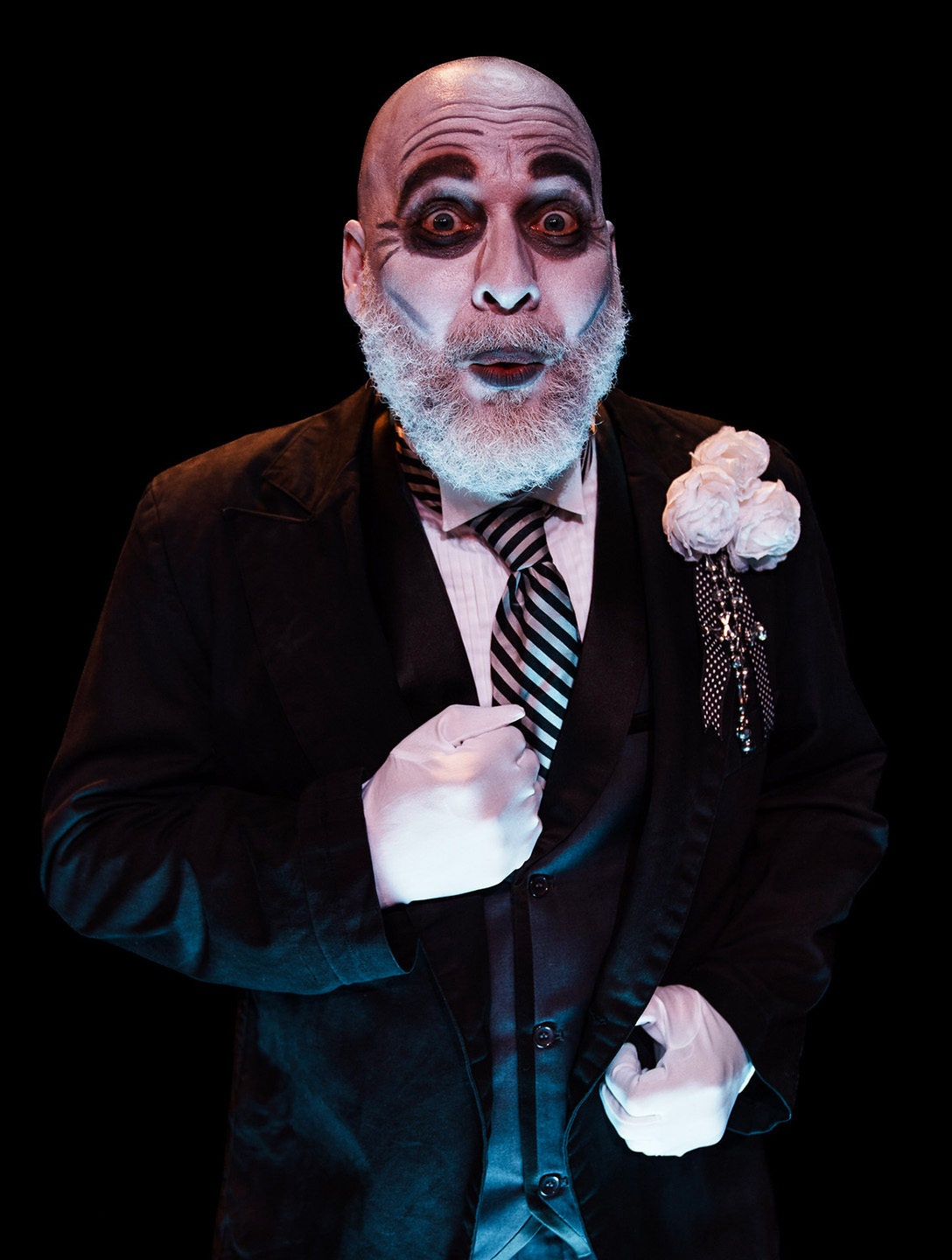Both Jim Harper at the St. Pete (err, Tampa Bay) Times and Peter Nason at BroadwayWorld.com poked at my choice to locate Twelfth Night in Ybor City (there’s my joke in the headline, folks – Ybor + Illyria = Yllyria). I’m truly not complaining about the reviews, which are actually both more than generous in praise. At the same time though I take exception to some of it, and I also like to use this blog as a way to pull back the curtain so to speak and be more open about the work behind the scenes and why/how we do what we do.
“Director David M. Jenkins’ setting of the play in 1920s Ybor City, Tampa’s Latin Quarter, is an unhealthy graft. It gives nice flavor to his musical soundtrack … Ybor City seems more marketing ploy than artistic choice. It adds no meaning and sometimes even distracts; it’s discordant, for example, for anyone with a vivid sense of Tampa history to imagine Elizabethan English spoken on the streets once trod by immigrant cigar workers and the great Cuban patriot Jose Martí.” – Jim Harper
“The show is set in 1920’s Ybor City, and although that seems like a good idea for locals, the change really doesn’t pan out as anything special. It seems superfluous at best (and seems to be nothing more than an excuse to play some great period music throughout). It could be set anywhere, even on Venus …” – Peter Nason
Regarding “it could be set anywhere” – my point exactly! If Peter didn’t find it special or at best superfluous I suppose I just have to shrug that one off. In my program notes I mention that the choice was executed with a feather, not a sledgehammer, and if the choice doesn’t mean anything to anyone it also shouldn’t detract from their enjoyment of the show. I won’t reiterate all my points of why I made the choice, but I’d like to reinforce that Shakespeare has to be given some kind of context and I’m generally not very attracted to the idea (nor do I think are audiences) to “traditional” approaches to the Bard. The beautiful thing is that those words, as Peter says, will work just about anywhere. Venutians creep me out, or maybe I would have gone that route.
My skin crawls, however, at having it be called more a “marketing ploy than artistic choice.” Why do the two have to be mutually exclusive? To be fair, I prefer to think of the choice in terms of giving it some local relevance and context for those who often lack it with these plays. Is that a marketing ploy? Maybe we’re just playing with words …
As to it being “discordant” to hear Elizabethan English in 1920s Ybor? Well, shoot, I join great company of poor decision making then: Orson Welles put Will’s verse into the mouths of early twentieth century Haitians (Macbeth), Baz Luhrman set them in late twentieth century SoCal (Romeo + Juliet), Loncraine put Ian McKellen as Richard III in WWII, ad infinitum. Maybe some folks can only suspend their disbelief so far, fair go, but the choice to pick Shakespeare up and move him out of 1500/1600s England is hardly anything novel. Again, we need context, and why not celebrate the city and our history at the same time? We’re now enriching the community, particularly the schools we are engaging, with a bit of history at the same time we celebrate literature, reading, and the arts.
In truth, the artistic potential available to me in making the choice is what excited me most. The clothing and hairstyles, using an open Ybor-style plaza as the central setting, and especially (as both Jim and Peter note) the music. The back story, the way we connected all the dots from our world to those words? I believe it has made the work we are doing on stage that much stronger, which perhaps someone just watching the show wouldn’t see the linkage — but it is there. For those not so familiar with Shakespeare, especially those who may have reservations/fears/hatred of his plays, this choice also makes it a little less scary and whole lot more accessible.
Jim and Peter make it clear the choice isn’t sinking the show – “the play more than survives” – but maybe I am a bit butt-hurt to have the choice slighted as a gimmick. The setting has also been lauded by some. Desiree Fantal says in her review “To my left was a woman in her sixties whose enthusiasm was impossible to miss. She told me that the show, staged in 1920s Ybor, invoked many fond memories of her youth. When she was 15 and new to the country, she had worked at Las Novedades, a restaurant whose sign hung as part of the backdrop. “This is Ybor,” she said, gesturing to the stage and smiling broadly.”
Did you see the show? What did you think?












One Response
Love x n